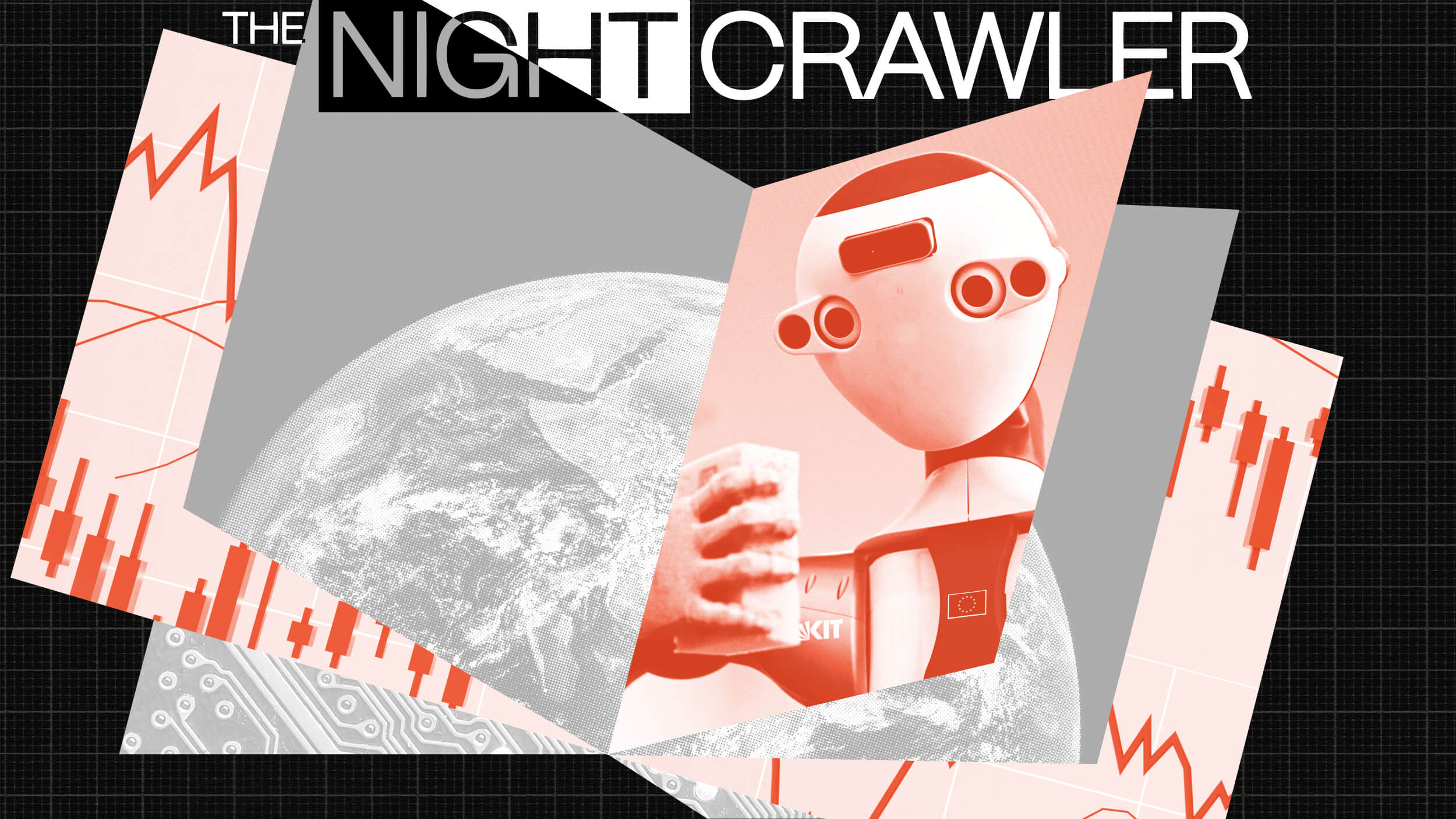“I enjoy being a woman in science but there are challenges,” says Pardis.
Pardis Sabeti: I enjoy being a woman in science. In different fields-- My field is one where I’m often working with mostly men but there are more and more women coming in to science and I think that there is a lot of issues around it. I’m actually involved-- I’m on the National Academy of Sciences Committee for Women in Science and Engineering and Medicine and we spend a lot of time thinking about well, where are the issues?
And I think that there is very important transition points that we need to focus on so a lot of women will do science as undergraduates but then fall out going to graduate school and then there’s a bigger fallout that happens to post doc. So why is it-- is there this attrition?
So really focusing on nurturing women through their transitions. Obviously, there’s a lot of cultural and biological differences with women and it makes it difficult because science is a very challenging job and you do have to make sacrifices and think about how can you do it in a way that will work for you.
I have enjoyed it and I think that in general people try really hard. There are just cultural differences that you have to understand and there’s things I have to reckon with personally of how to do my science and be assertive but still be kind and assertive and all sort of things and how to balance work and life and all of that. So it’s challenging and I think that there’s a lot that can be done.
I talk about, in America, that I feel like I can’t speak for the rest of the world but I feel like in America there’s lots of opportunity for women in science. It’s not about the opportunity. It’s about motivating women to enter science and a lot of the K through 12 education of getting them engaged earlier on. But then also supporting them, supporting them through the transitions, because no matter what we say there’s still fundamental differences with the things that you have to contend with being a woman. And so the opportunity is there. It’s just the support systems need to be better.
Question: How do you balance work and life?
Pardis Sabeti: And there’s a couple things. A lot of people say- ask me how I- it is that I do- I have an MD and a PhD and do research and also have an outside life and- but no matter what there’s 24 hours in the day so I don’t like to pretend like oh, it’s just so easy, you make sacrifices. And I wasn’t being that healthy for a while. I’ve regrouped and then okay, now I have to focus, and you have to focus on the long term so going to the gym and doing the yoga and all sorts of things that you have to do in order to sustain yourself for your students and for everyone.
So there are challenges at every stage. It’s easier to do when you really like what you do so that’s the important thing, right, is the idea of liking it even when you’re failing in it and when it’s hard and just liking it in general. You get a lot more energy and everyone knows that you have these sort of fluxes of high energy and low energy and if you can maintain yourself in a place where you’re always very focused and energetic and excited then you can do a lot more.
And a lot of that comes with finding the thing that’s your passion so once you find your passion the day to day gets a lot easier. So I love music and I would just do it anyway so whether I was in a band or not-- I write music all the time, so it’s easy. It’s not actually a challenge and a lot of times I’m embarrassed to say I write songs on my bike ride to work, that that’s the kind of thing that I just do naturally and engage in so it gives me time.
If I was to do something that was totally- write a book that’s out of my field, then obviously that’s a bigger sacrifice, unless it was something where the ideas were just spewing from me and I was just really engaged in the process.
So there is definitely challenges at every stage of being active and keeping it- and sacrifices I’ve made. I’ve-- I haven’t started a family yet. I’d like to but obviously the- when and if I do that’s going to be another thing to bring in to the mix, which is challenging.
Recorded on: June 29, 2008





